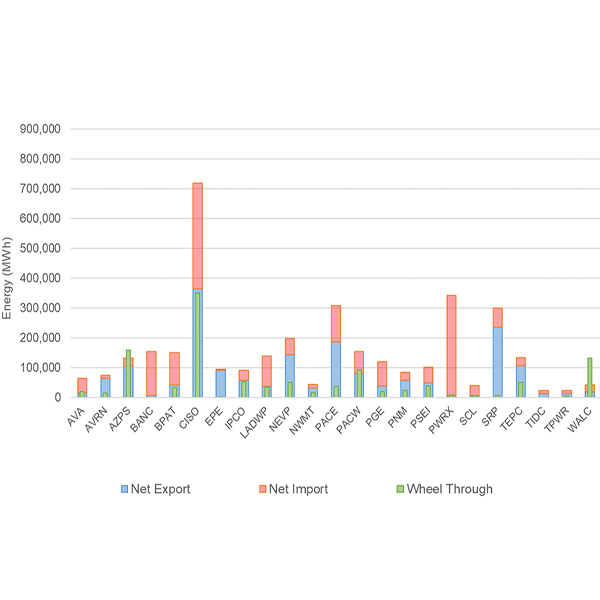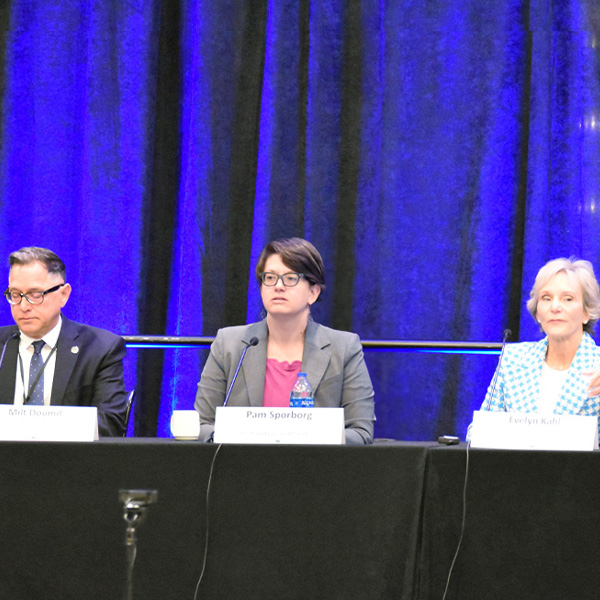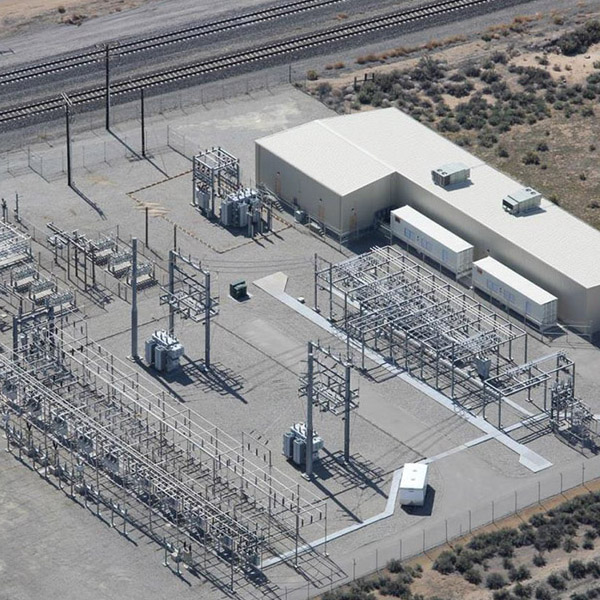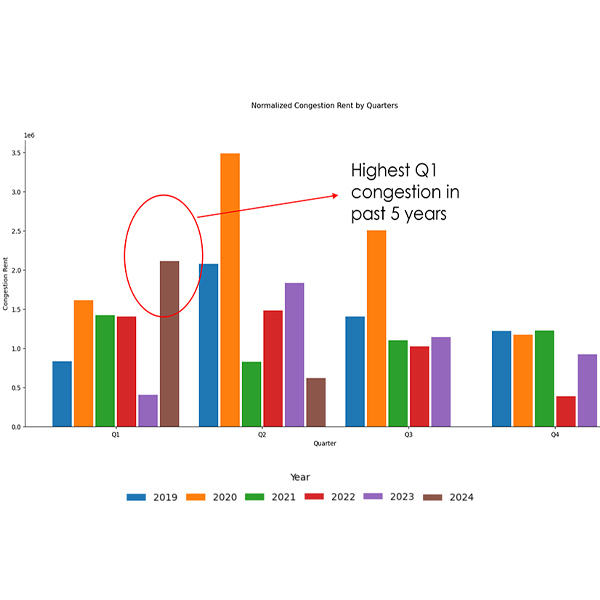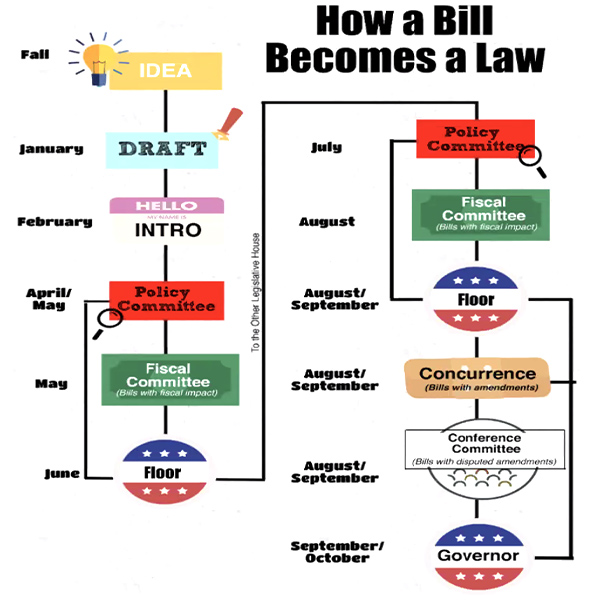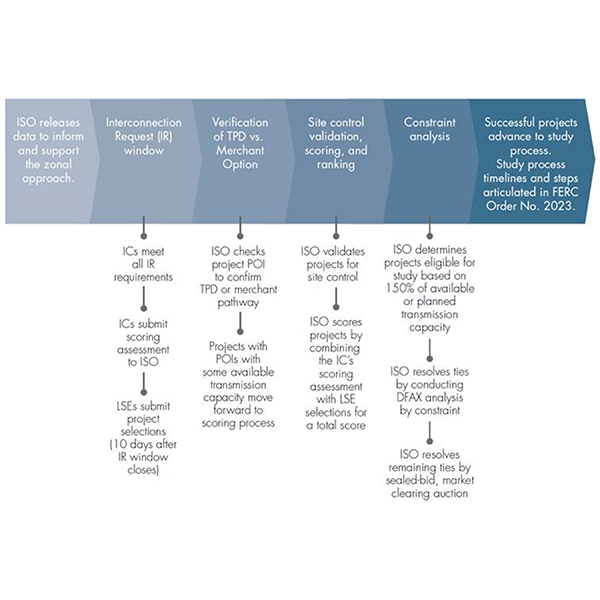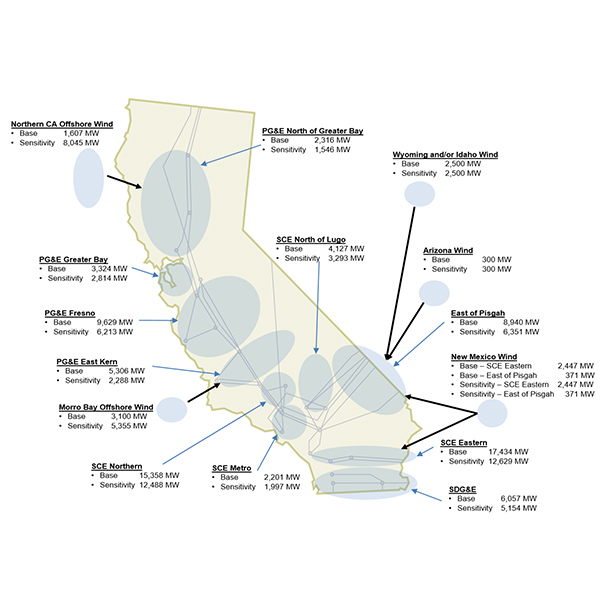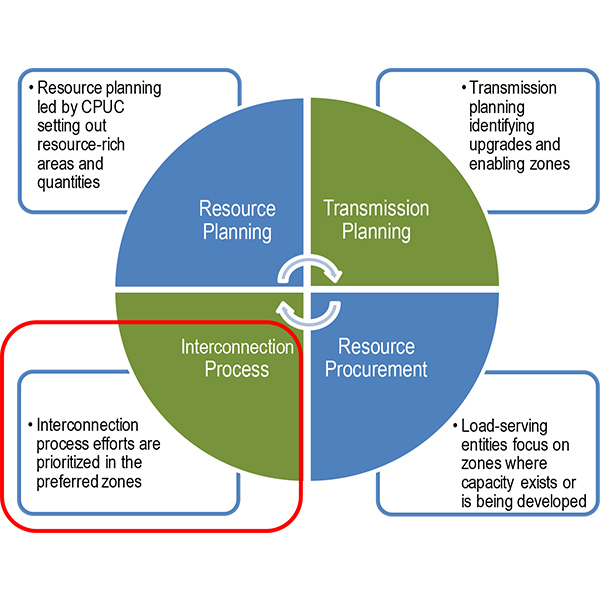California Independent System Operator (CAISO)
CAISO’s first-quarter benefits report offers another footnote to the debate over the market’s role in the response to the January deep freeze that brought parts of the Northwest to the brink of rolling blackouts.
Backers of the West-Wide Governance Pathways Initiative say they want to move quickly on first part of their proposed plan to shift CAISO’s governance to an independent entity.
FERC approved CAISO’s request to increase its capacity procurement mechanism soft offer cap from $6.31 per kW-month to $7.34.
Congestion revenue rights auctions averaged $62 million in losses between 2019 and 2023, down nearly $50 million since changes were implemented in 2019 but “still very high,” said CAISO’s Department of Market Monitoring.
Reps from two groups that blocked past efforts to “regionalize” CAISO predict success for an upcoming campaign to change California law to allow the ISO to participate in an independent RTO.
A California legislative committee has passed a raft of energy-related bills, including legislation focused on grid-enhancing technologies, hydrogen and data centers.
Stakeholders are still seeking clarity on details in CAISO’s plan to streamline its interconnection process after the ISO released its final proposal to address the issue after 10 intensive months.
CAISO released a draft transmission plan identifying 26 new transmission projects aimed at accelerating California’s ability to meet its ambitious clean energy goals and costing an estimated $6.1 billion.
FERC approved CAISO’s request to forgo this year’s process for taking interconnection applications, giving the ISO more time to study last year’s record-breaking number of requests.
FERC granted complaints by five utilities against CAISO, nullifying nearly $2 million in penalties for incorrect meter data reporting.
Want more? Advanced Search
